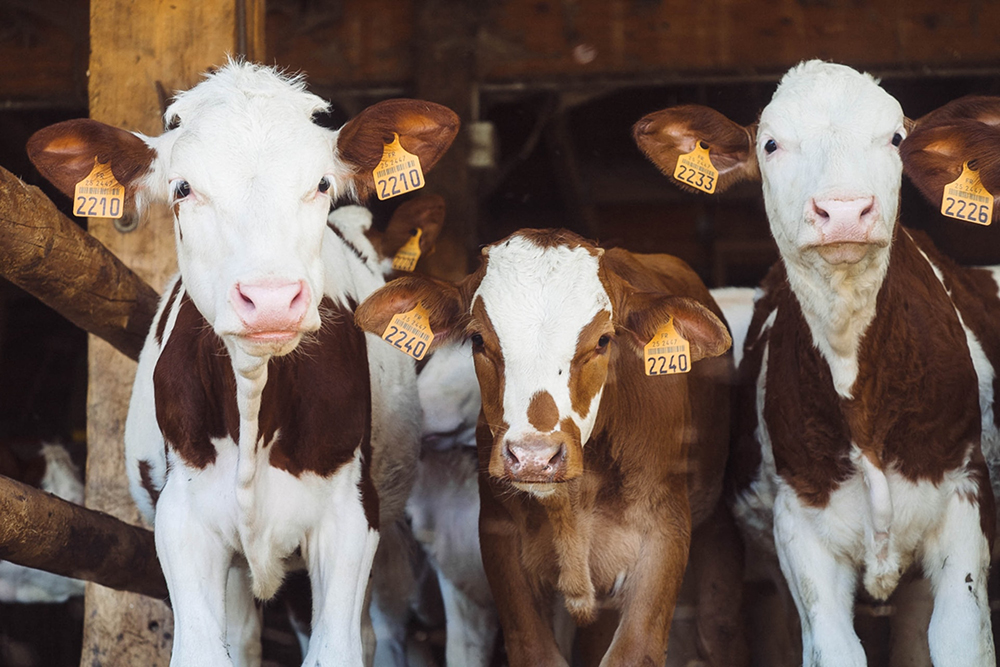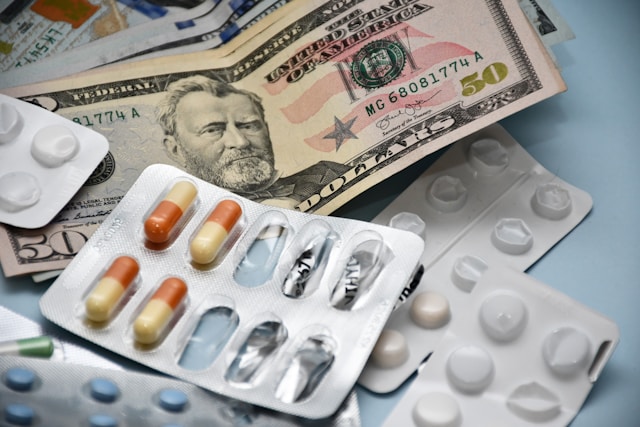With a growing population comes increased food demand, but climate change is making it harder to put food on the table. However, biotech companies are continually looking to provide solutions.
Ginkgo Bioworkers is just one company at the forefront of biotech solutions to address the impact of climate change on the food supply. The Biotechnology Innovation Organization (BIO) member recently announced partnerships that could increase the sustainability of food production and revolutionize the industry.
Animal-free dairy?! No whey!
In late March, Ginkgo announced a new project with ImaginDairy to create animal- and whey-free dairy protein using Ginkgo Protein Expression Services.
Ginkgo’s platform programs cells using a codebase of cells, enzymes, and genetic programs. Frequently compared to computer programming, the platform enables rapid prototyping of thousands of biological designs.
ImaginDairy’s innovative approach aims to deliver the taste and quality of traditional dairy without cows. To create whey-free dairy proteins, the foodtech startup uses the micro-fungus Aspergillus oryzae in combination with an AI precision fermentation platform.
“I can speak for the entire team when I say that the samples that ImaginDairy have shared are absolutely next-level. If the rest of their pipeline is anything like what we’ve tasted, we can’t wait to try what’s next,” says Ginkgo Chief Commercial Officer Jennifer Wipf.
In January, the U.S. Food and Drug Administration (FDA) greenlit the beta-lactoglobulin protein, giving it a “no questions” letter for the Generally Recognized as Safe (GRAS) status.
Plenty more fish in the sea
Beyond plant-based proteins, Ginkgo’s “next-generation sequencing and advanced analytics services” will help AQUA Cultured Foods create fish-free alternative proteins derived from plants and using “a consortium of microbes.”
AQUA’s fish-free seafood “replicate the buttery texture and umami notes found in fresh-caught seafood.” In addition to retaining rich flavor and nutritional values, the plant-based seafood is also free of allergens, cholesterol, and saturated fats, as well as mercury and microplastics. The product is safe for pregnant women and people with shellfish allergies, too.
“Our patent-pending process starts with a proprietary microbial strain. We grow the fiber-containing scaffold in vertically stacked trays until we get perfect whole-cut filets. Once we pasteurize and marinade the product, our tuna and scallops are ready for any chef to prepare and plate,” stated Stefan Baier, Ph.D., CSO of Aqua Cultured Foods.
At the 2023 BIO International Convention, we spoke with Ginkgo’s Jennifer Wipf about how their technology is addressing climate change:
Boosting biodefense capabilities
According to John F. Crowley, President and CEO of BIO, biotech plays a pivotal role in national security. Crowley highlighted the importance of harnessing biodefense capabilities, in order for America to “deter and defend against biological attacks.”
“Policymakers must also prioritize the country’s supply chain to ensure the U.S. has the capacity to meet both domestic and global demand for innovative medicines,” Crowley added.
In collaboration with the Defense Advanced Research Projects Agency (DARPA), Ginkgo is developing new “de-icing proteins with ice-modulating behaviors to improve operational efficacy in extreme cold weather environments,” which could potentially be used for lens coating that prevents the formation of frost. This coating could be applied to optics used in “satellites and high altitude imaging instruments to security and wildlife cameras.”
Additionally, Ginkgo is working on developing biothreat screening to rapidly identify when an organism has been genetically engineered.




